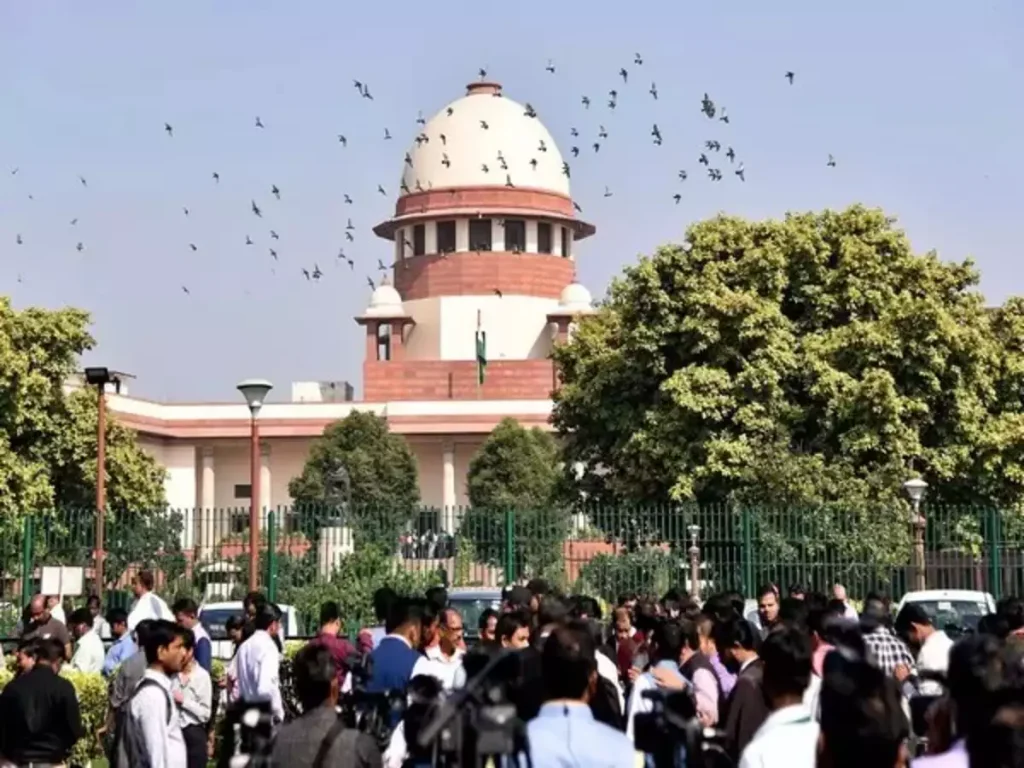Context:
A Public Interest Litigation (PIL) was filed in the Supreme Court (SC), seeking the application of the Sexual Harassment of Women at Workplace (Prevention, Prohibition, and Redressal) Act, 2013 (POSH Act) to political parties.
More on the News

- The SC directed the petitioner to first approach the Election Commission of India (ECI) since political parties are registered under the Representation of Peoples Act and the competent authority under the law is ECI.
- The petition had submitted that its objective was to point out the lack of transparency, inadequate structures, and inconsistent implementation of ICCs within political organizations.
- The bench stated the petitioner’s analogy to equate political parties as employees may not be apt but agreed that it is an important issue to be adjudicated by ECI.
Challenges in the applicability of the POSH Act
Political parties don’t have a formal workplace structure, and their workers are often temporary or in non-traditional roles (Absence of employer-employee relationships), making it hard to apply the POSH Act to them.
- Section 3(1) of the POSH Act prohibits sexual harassment at “any workplace,” with a broad definition of “workplace” that includes government-funded organizations, as well as organisations in the private sector, hospitals, sports venues, and even locations visited by employees during the course of their employment.
The concept of an “employer” in political parties is unclear.
Although individual Political party constitutions outline hierarchical structures (Internal committees to maintain discipline) but do not have legal requirements for ICCs (such as having women or external members) or set disciplinary procedures for sexual harassment.
ECI’s Role
- The ECI’s powers are largely confined to overseeing elections, as granted under Article 324 of the Indian Constitution.
- The ECI’s ability to enforce laws like the POSH Act on political parties remains unclear.
- It has issued advisories to parties in the past but has not enforced compliance with non-election laws, such as the Right to Information Act (RTI), and the Child Labour (Prohibition and Regulation) Act.
Previous Court Ruling in this regard
- The Kerala High Court in the Centre for Constitutional Rights Research and Advocacy v State of Kerala & Ors (2022) stated that political parties do not qualify as “workplaces” under the POSH Act because there is no employer-employee relationship with party members.
- Thus, political parties were not required to establish ICCs.
- The verdict has not been challenged as of now.

